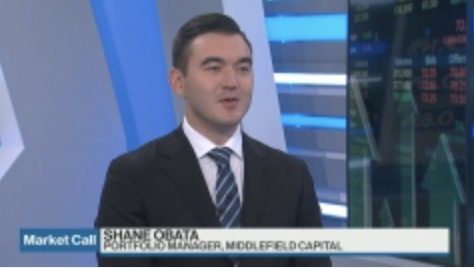
Considered one of Asia’s bright spots amid a gloomy global outlook, the Philippine economy has lost some of its luster, with analysts slashing projections after last quarter’s growth fell far short of expectations.

Citigroup Inc. cut its 2023 growth forecast for the Philippines to 5.2% from 5.9%, while Maybank Investment Bank also reduced its full-year view to 5.2% from 5.5%. BofA Securities Inc. similarly lowered its growth outlook to 4.8% from 5.5%.
The downgrades came after the Southeast Asian nation’s economic growth decelerated to 4.3% in the second quarter, its weakest expansion since 2011 and falling below analysts’ estimates as consumer spending and investments slowed amid elevated inflation and interest rates.
While easing consumption was expected, the “bigger miss” was the decline in government spending, which “can hardly be justified” given this year’s higher national budget, according to BofA Securities.
Prior to Thursday’s data release, analysts were expecting the Philippines to post one of the fastest expansions among emerging economies in the second quarter. The country also recorded one of the highest gross domestic product growth rates in Southeast Asia last year.
Still, President Ferdinand Marcos Jr.’s economic team remains bullish on the economy’s prospects. The government’s goal of GDP growing by 6% to 7% this year can still be achieved, Finance Secretary Benjamin Diokno said at a forum on Friday, while pledging to boost government spending and provide fiscal stimulus.
The government’s plan to catch up on spending in the second half “will likely smoothen growth, rather than provide a significant boost” to economic expansion, said HSBC Asean economist Aris Dacanay. Growth will likely remain subdued in the latter half of 2023 as tight monetary policy cools the economy and households begin rebuilding their savings, he added.
The second-quarter GDP data could be the slowest this year, and growth could normalize at the 5%-6% level for the rest of the year, said Rizal Commercial Banking Corporation chief economist Michael Ricafort. Lower personal income taxes may spur consumer spending, he added.
The Bangko Sentral ng Pilipinas has said its monetary board will consider the latest GDP data when it decides on the policy rate next week. Before the second-quarter GDP report, Governor Eli Remolona said that it’s “prudent” for the central bank to pause on the key rate if there are mixed signals from economic data and if there are no large inflation shocks.
Source: BNN Bloomberg
Share: